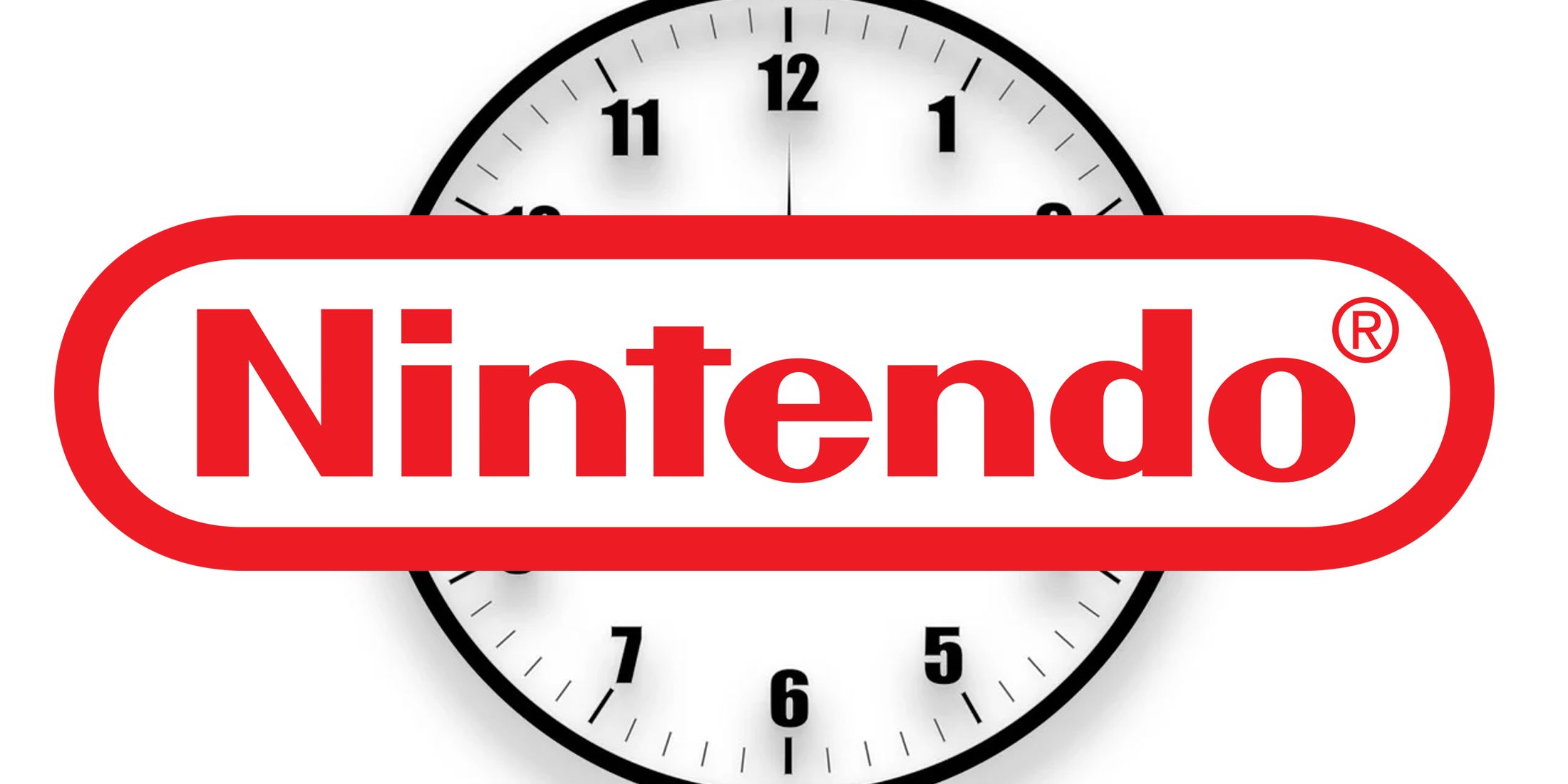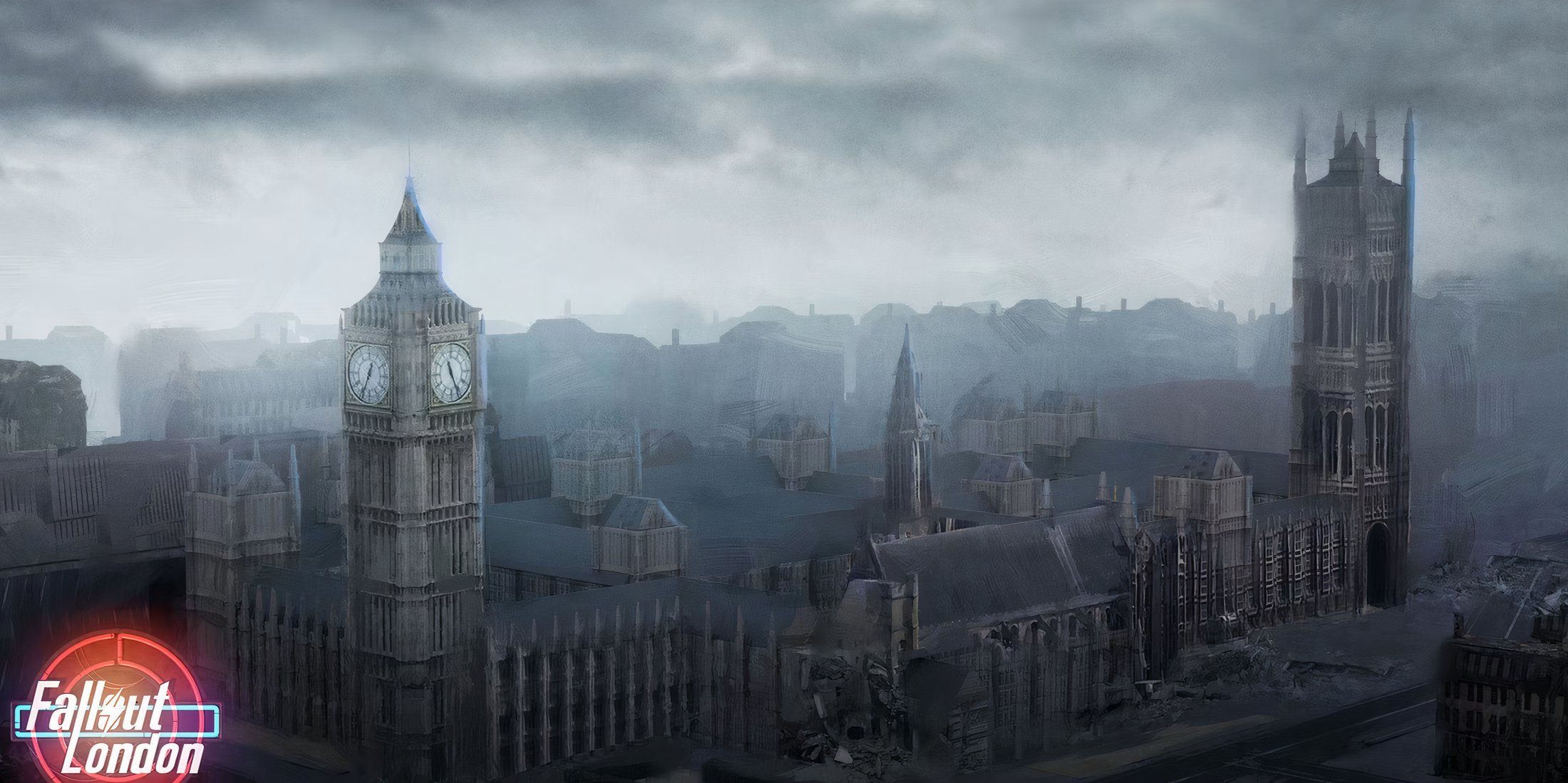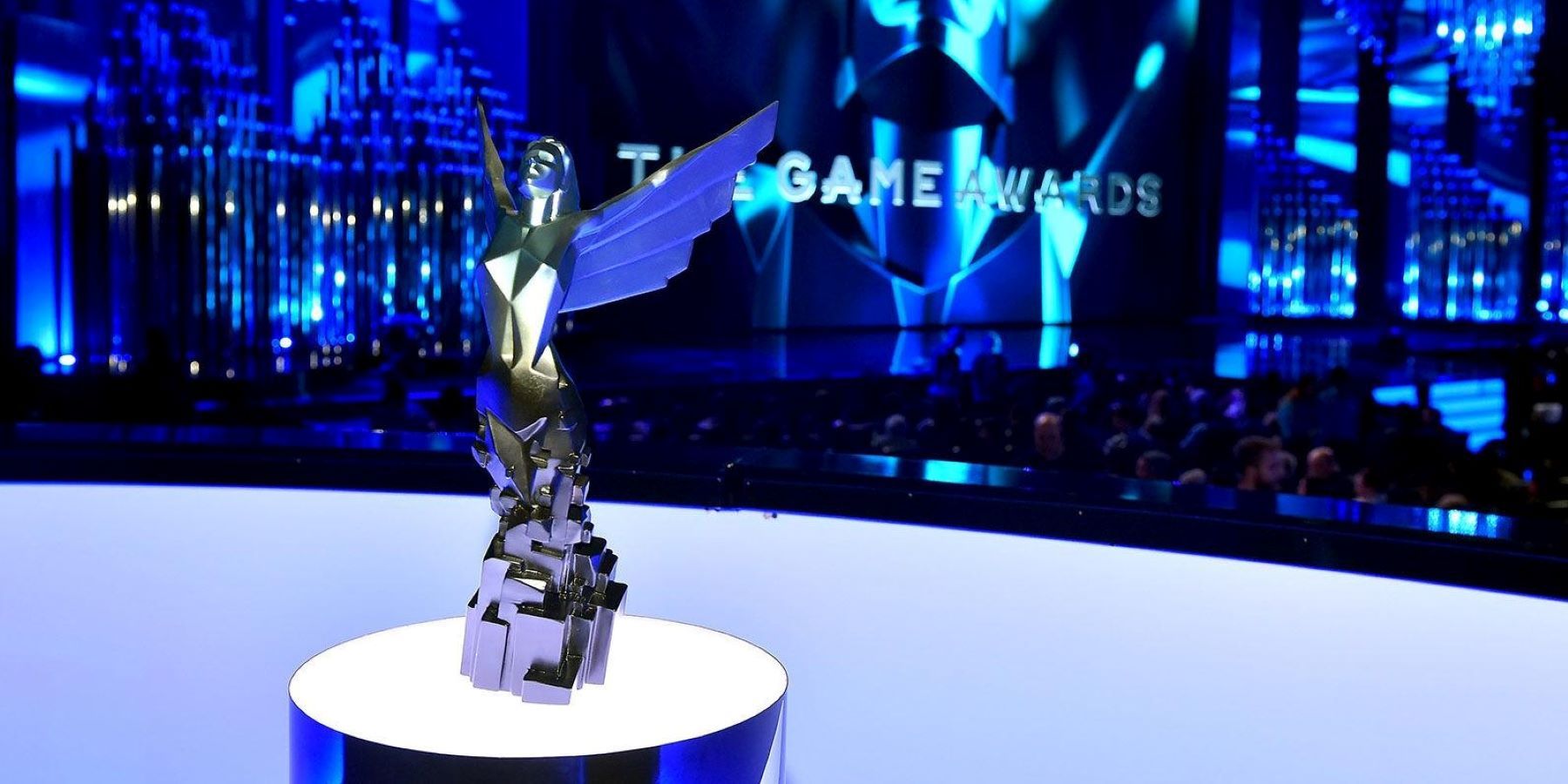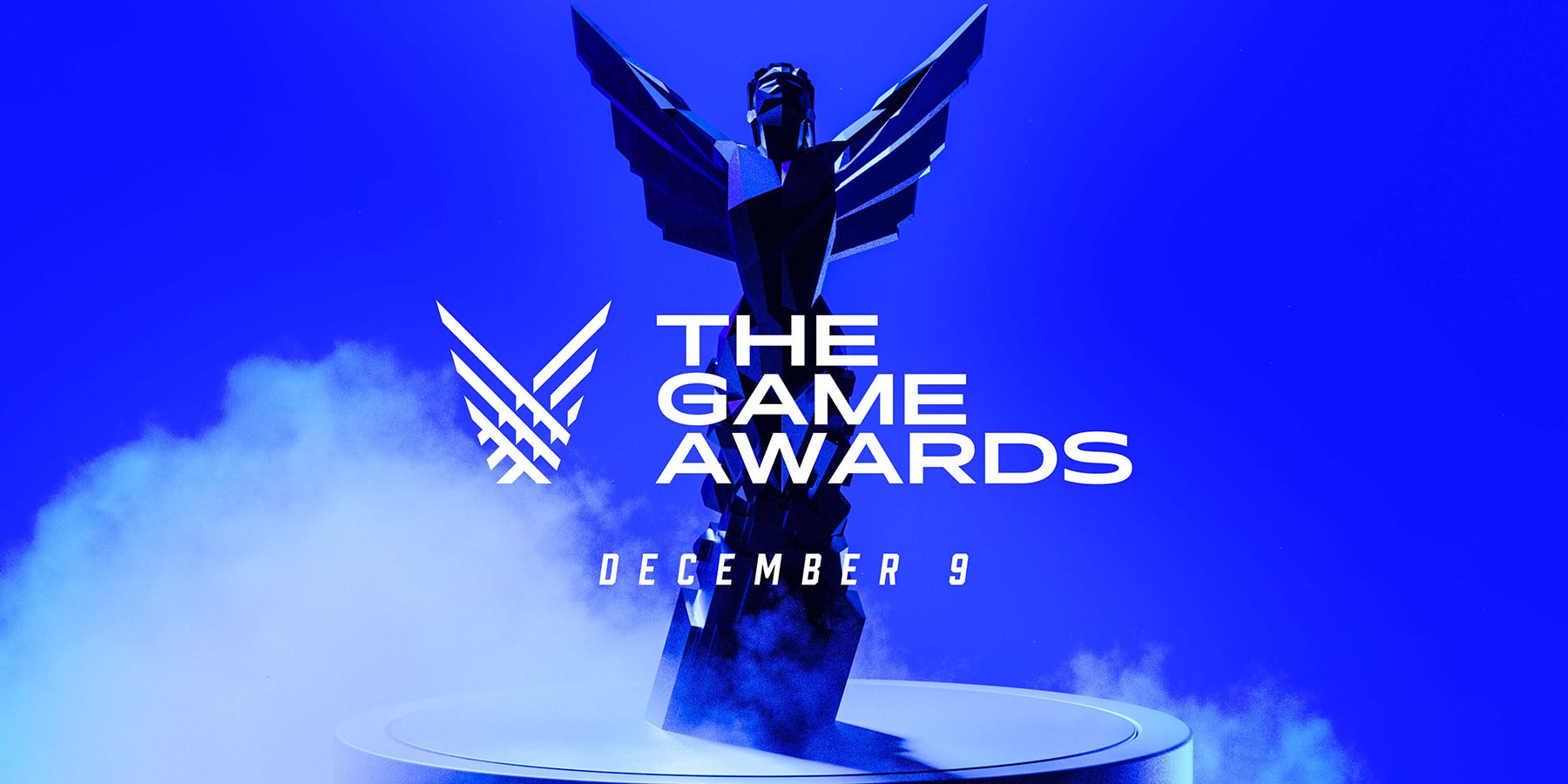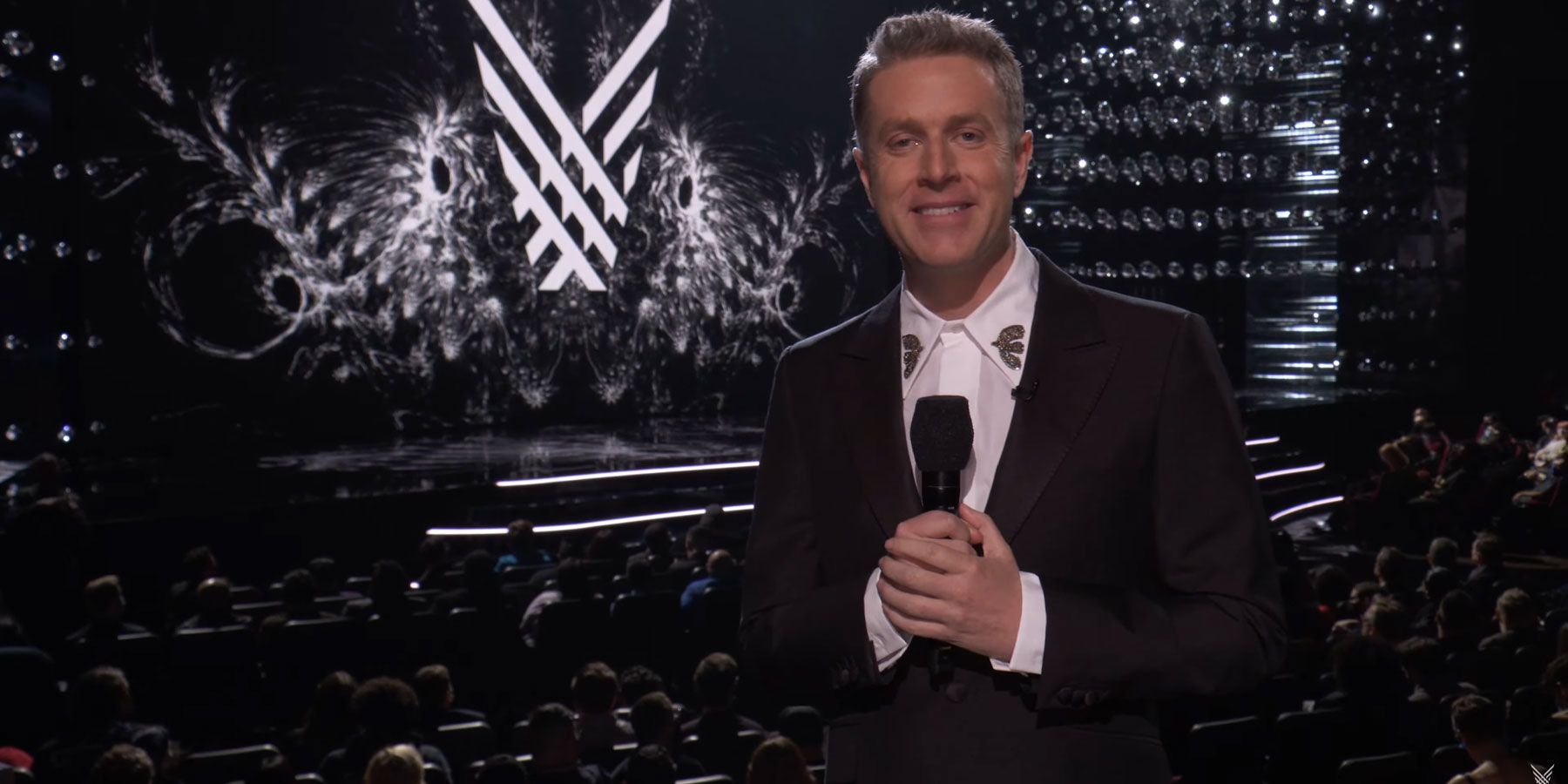Although The Game Awards have only been around since 2014, it's hard to imagine capping off the year without these moments of recognition. The Game Awards are a perfect place to both celebrate everything game developers have achieved while hinting at what studios are planning for the future. Considering the numbers Geoff Keighley recently shared on Twitter, The Game Awards 2021 were no exception, drawing in a record-breaking number of viewers and votes. While that inspires optimism for a similarly huge audience attending next year, it raises questions about whether or not the ceremony is built to bear its own weight.
Keighley clearly sees a bright future for The Game Awards, which had 85 million livestreams in 2021, over 1.6 million Tweets, and more. High engagement is great, but viewing that engagement purely by numbers can be deceiving. Quite a few people watching The Game Awards 2021 took to Twitter expressing their disappoinment about the show and criticizing the number of advertisements compared to focus on awards. The Game Awards might be tempted to continue scaling up as its audience grows, but this could result in a show that's more bloated than engaging.
The Game Awards' Growing Pains
There's no doubt that The Game Awards getting more attention is a good thing. Video games release year-round, but moments to acknowledge the people behind celebrated games are much rarer. The Game Awards put a spotlight on human achievement, whether it's that of visionary developers bringing innovation to AAA franchises or tiny indie studios creating breathtaking games in spite of their limited resources. Because of that, it's great to hear that more people are tuning into The Game Awards.
A problem arises when The Game Awards grows in size and length without expanding these spotlight moments. Lots of viewers felt that The Game Awards was weighed down with advertisements from sponsors like Amazon, as well as trailers for non-game content like Guillermo del Toro's new movie Nightmare Alley. It rushed through a lot of its awards, resulting in less than a fifth of The Game Awards 2021 actually focusing on industry accomplishments. The result was a show that had shockingly little award content by volume than viewers might expect from its length.
Streamlining The Game Awards
The Game Awards 2021's bountiful non-award content becomes an issue for the show when taking its engagement numbers into consideration. The team behind The Game Awards 2022 might look at this year's view count and decide to make an even longer show with more advertisements and trailers than before to capitalize on this growing audience. Doing so, The Game Awards would risk losing its identity as a gaming awards show, transforming into a more general video game showcase. A TGA stuffed with more commercials and trailers could lose viewers who decide that seeing awards handed out live isn't worthwhile if it means sitting through four hours.
Even if The Game Awards needs its many advertisers to fund the show, it's hard to excuse the shrinking focus on awards themselves. Hopefully the next show takes viewer concerns into consideration; many fans want to see more attention given to each award and to game developers themselves, which seems like a fairly easy thing for The Game Awards 2022 to facilitate. The next show needs to strike a healthier balance between advertisements and industry awards. As great as it is to see new games like Slitterhead revealed at The Game Awards, the human element of the show is what makes it special.

